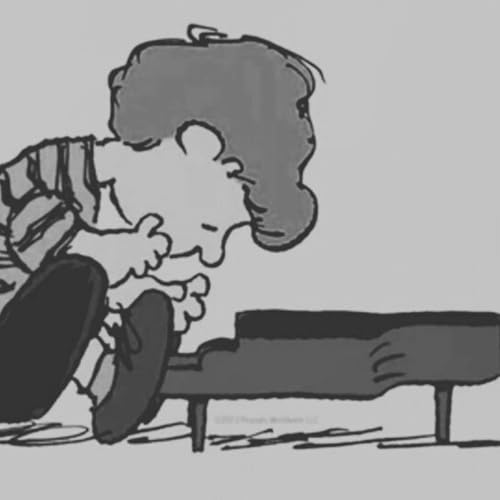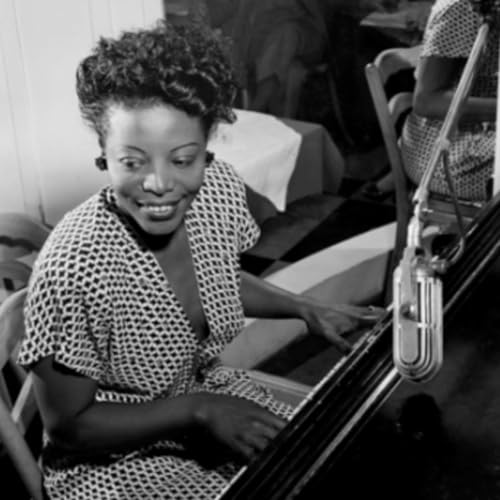Podcast Packets
Illustrations
Lead Sheets
Play Alongs
Forums
Jazz Piano Skills Community
Keywords
Jazz Piano, Improvisation, Christmas Time Is Here, Music Education, Jazz Skills, Melodic Analysis, Harmonic Analysis, Music Practice, Jazz Checklist, Music Learning
Summary
In this episode of Jazz Piano Skills, Dr. Bob Lawrence guides listeners through the intricacies of jazz improvisation, focusing on the classic tune 'Christmas Time Is Here.' The discussion covers harmonic and melodic analysis, the importance of a structured approach to improvisation, and the creation of a beginner's checklist to combat information overload. Listeners are encouraged to develop their improvisation vocabulary through melodic motifs and rhythmic variations, emphasizing the joy and process of learning jazz piano.
Takeaways
Week three focuses on improving jazz improvisation skills.
The tune studied this month is 'Christmas Time Is Here.'
Improvisation development is crucial for jazz musicians.
A clear thought process simplifies music conceptually.
The seven musical facts guide our approach to music.
A beginner's checklist can help manage information overload.
Melody is the starting point for improvisation.
Rhythm and feel are foundational to playing music.
Great solos are built from simple, developed ideas.
Joy and curiosity are essential for progress in jazz.
Titles
Mastering Jazz Piano: Christmas Time Is Here
Improvisation Essentials for Jazz Musicians
Sound bites
"We focus on improvisation development."
"Improvisation begins with the melody."
"Joy fuels progress in music."
Support the show
 2025/12/1732 分
2025/12/1732 分 2025/12/1030 分
2025/12/1030 分 2025/12/0333 分
2025/12/0333 分 2025/11/2619 分
2025/11/2619 分 2025/11/1929 分
2025/11/1929 分 2025/11/1232 分
2025/11/1232 分 2025/11/0533 分
2025/11/0533 分 2025/10/2927 分
2025/10/2927 分
